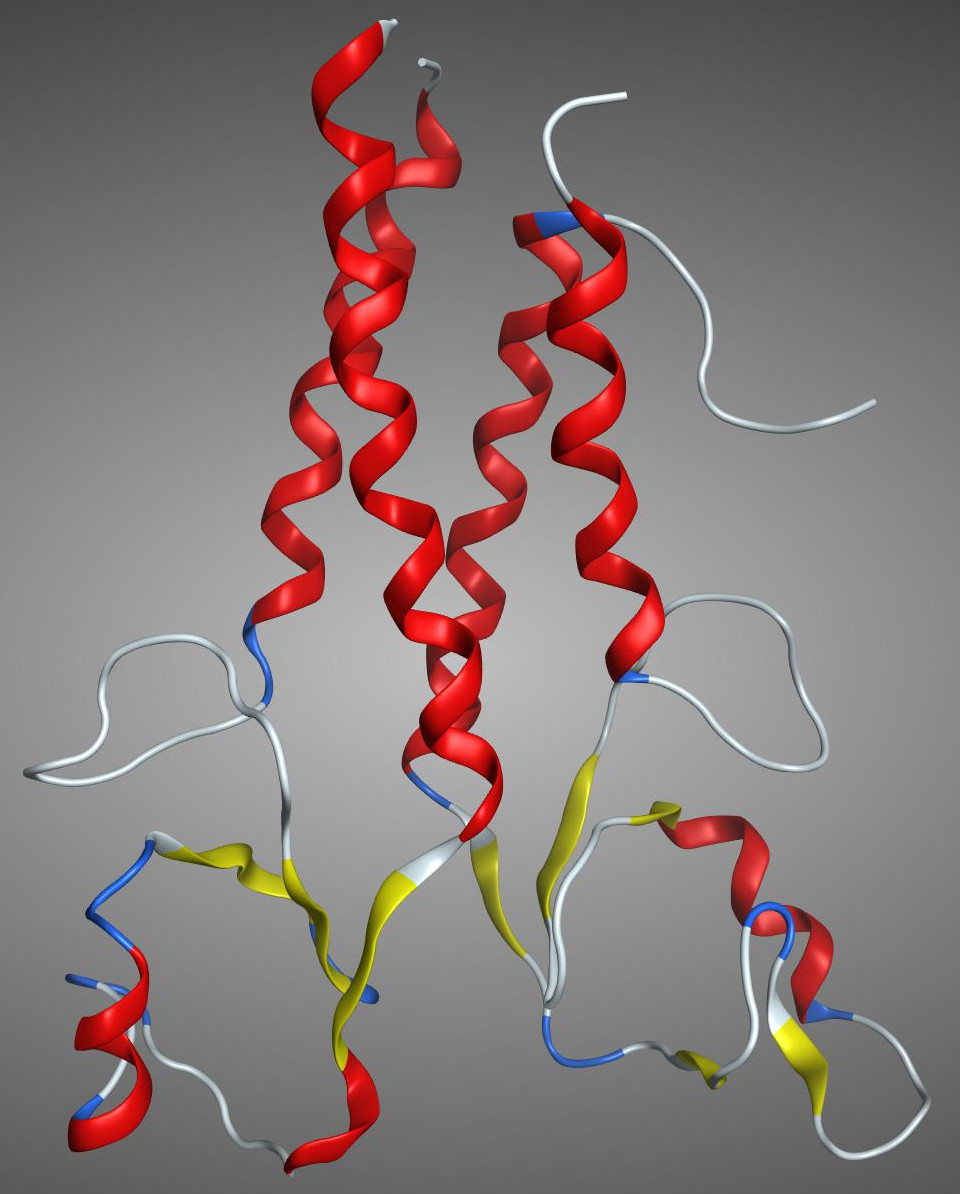Projects
IndoleBRCA - Exploiting monoterpene indole alkaloid derivatives for overcoming resistance in BRCA-deficient cancers. In silico characterization of binding modes
Co- PI: Daniel dos Santos
Coordination
imed - Research Institute for Medicines

From 2023 - Present
Description
Cancer is a leading cause of death, mostly due to drug resistance. Homologous recombination is an essential cellular mechanism of ADN repair. Several proteins are involved in this process, including BRCA1 in association with its binding partner BARD1. Alterations in this mechanism are found in several cancers and there is strong evidence that targeting these deficiencies can result in therapeutic benefit.
A defective homologous recombination, resulting from BRCA1/2-mutations, proved to be decisive for the efficacy of PARP inhibitors, which are currently in the front line to treat BRCA-mutated cancers such as triple-negative breast, and advanced ovarian cancers and some pancreatic tumors. This approach is based on synthetic lethality. PARP inhibition results in increased DNA double strand breaks, which are not efficiently repaired by homologous recombination in BRCA1/2-deficient cells, causing genomic instability and thus selective death of cancer cells.
Despite the great success of PARP inhibitors, resistance to these agents has been often reported due to residual BRCA1 activity, highly limiting their clinical use. Thus, dysfunction of the BRCA1 pathway has been considered as an effective strategy to improve the therapeutic efficiency of PARP inhibitors.
Recently, we identified a monoterpene indole alkaloid derivative (BBIT20) that targeted homologous recombination DNA repair defects by disrupting BRCA1-BARD1 heterodimer in triple-negative breast and ovarian cancer cells. It showed promising in vitro and in vivo antitumor activity and interacted synergistically with cisplatin and the PARP inhibitor olaparib. BBIT20 was the first reported disrupter of BRCA1-BARD1 complex and may represent a starting point for the development of new and improved anticancer agents against hard-to-treat cancers that still lack effective therapeutic options.
Therefore, using an innovative approach toward unmet needs not only in triple-negative breast and advanced ovarian cancers but also in pancreatic cancer, this project aims at
i) finding new effective plant-derived indole alkaloids for reversing drug resistance in cancer cells, with deficient BRCA1 pathway, by disrupting BRCA1-BARD1 complex and ii) characterizing the disrupting binding mode of BBIT20 of BRCA1-BARD1 interaction by in silico studies.
Funding
FCT, Projects in all scientific fields, reference 2022.05718.PTDC
